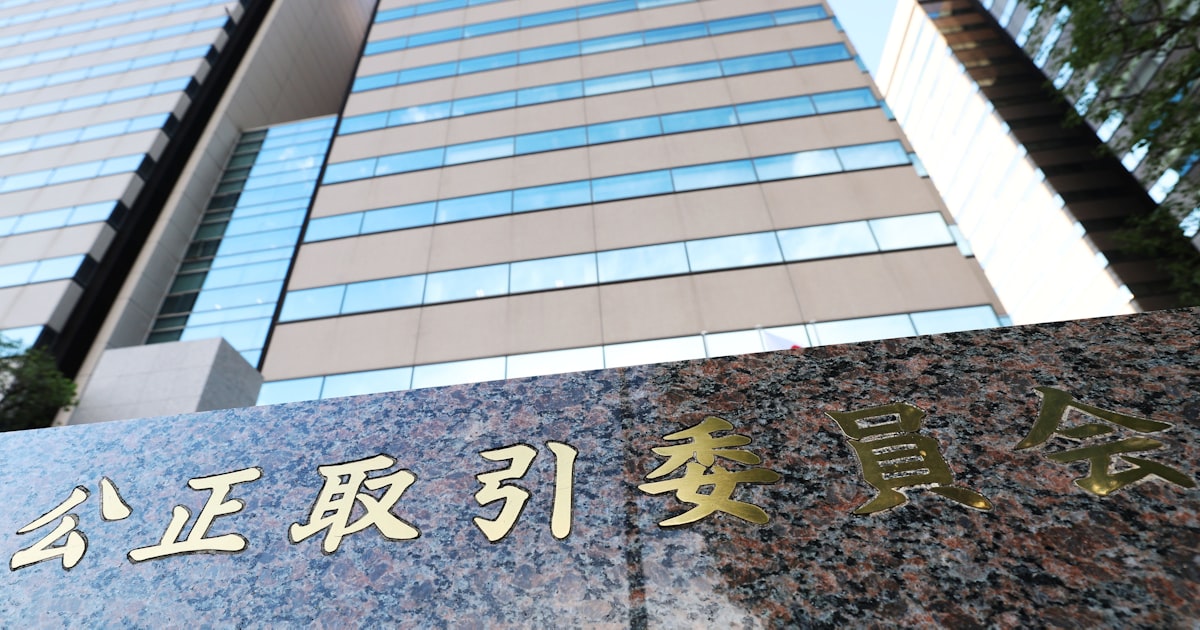Fair Trade Commission Slams KYB for Anti-Competitive Practices: What it Means for the Automotive Industry
The Japan Fair Trade Commission (JFTC) recently issued a stern warning to KYB Corporation, a major automotive parts supplier, for engaging in anti-competitive practices. This significant development sends shockwaves through the automotive industry, raising concerns about fair pricing, market competition, and the potential impact on consumers. This article delves into the specifics of the JFTC's warning, its implications, and what it means for the future of the automotive supply chain.
KYB's Anti-Competitive Actions: A Detailed Look
The JFTC's investigation revealed that KYB engaged in coordinated pricing with other unspecified companies within the Japanese automotive shock absorber market. This alleged collusion involved manipulating prices to maintain artificially high levels, stifling competition and potentially harming consumers. The commission found sufficient evidence to warrant a strong warning, stopping short of imposing fines or other punitive measures at this stage.
Key Findings of the JFTC Investigation:
- Price Collusion: The JFTC uncovered evidence suggesting KYB participated in agreements to fix prices for shock absorbers supplied to various automobile manufacturers.
- Market Dominance: KYB's significant market share within Japan played a crucial role in the JFTC's assessment, highlighting the potential for abuse of dominant market position.
- Lack of Transparency: The investigation pointed towards a lack of transparency within KYB's pricing strategies, further contributing to the concerns regarding anti-competitive behavior.
Implications for the Automotive Industry and Consumers
The JFTC's warning to KYB carries significant weight, impacting not just the company itself but the broader automotive landscape. The potential consequences include:
- Increased Scrutiny: Other automotive parts suppliers may face increased regulatory scrutiny, prompting a more cautious approach to pricing and market strategies.
- Price Adjustments: While not immediately guaranteed, there's potential for a downward adjustment in shock absorber prices, benefiting both automakers and consumers.
- Enhanced Competition: The JFTC's action could pave the way for increased competition within the market, encouraging innovation and potentially better products for consumers.
- Reputational Damage: KYB's reputation has undoubtedly suffered from the JFTC's public warning, impacting investor confidence and potentially future business deals.
What This Means for the Future
This case underscores the JFTC's commitment to maintaining fair competition within the Japanese automotive sector. It serves as a strong message to other companies operating in this market and potentially sets a precedent for future regulatory actions. The long-term impact remains to be seen, but the incident highlights the importance of ethical business practices and compliance with antitrust regulations.
Key Takeaways:
- Compliance is Crucial: Businesses operating in Japan need to prioritize strict adherence to antitrust laws and ensure transparent pricing strategies.
- Increased Vigilance: Consumers and stakeholders should remain vigilant, monitoring market trends and pricing dynamics within the automotive sector.
- Transparency Matters: Transparency and fair competition are essential for a healthy and vibrant market, benefiting both businesses and consumers.
The JFTC's warning to KYB is a developing story. We will continue to monitor the situation and provide updates as they become available. For more information on antitrust laws and regulations in Japan, consider consulting [link to relevant Japanese government website or legal resource]. This incident serves as a critical reminder of the importance of ethical business practices and the consequences of anti-competitive behavior.
